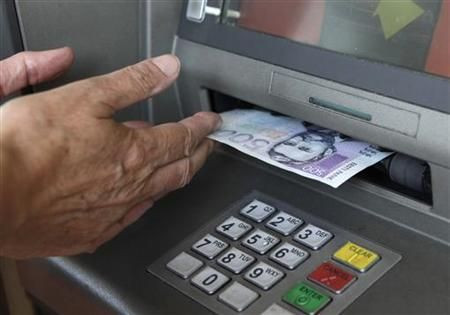Estonia set to join euro zone

Despite all the turmoil surrounding it, the euro zone will welcome its seventeenth new member, Estonia, when the clock strikes midnight in Eastern Europe, making it the first former Soviet state to adopt the euro currency.
A small nation of only 1.3-million people on the eastern shores of the Baltic Sea, Estonia will ditch its former kroon currency, just two decades after the collapse of the Soviet Union.
Estonians, who joined the European Union (EU) in May 2004, mostly favored adopting the euro, even with the debt worries enveloping the peripheral nations of the currency bloc.
After Slovenia and Slovakia, Estonia is now the third former Communist country in the euro zone.
The former kroon, which has been pegged to the euro for eighteen years, will be converted at a rate of 15.65.
The euro is very important,” said Estonia's minister of the economy Juhan Parts. “It makes Europe more competitive and helps the single market function better. It's just not possible to go back to 27 currencies.
However, there are problems in Estonia – it has suffered greatly during the global recession and the current debt crisis on the continent. The government has imposed severe austerity measures, as the economy is expected to contract by 15 percent this year.
Unemployment now stands at about 16 percent.
© Copyright IBTimes 2024. All rights reserved.




















